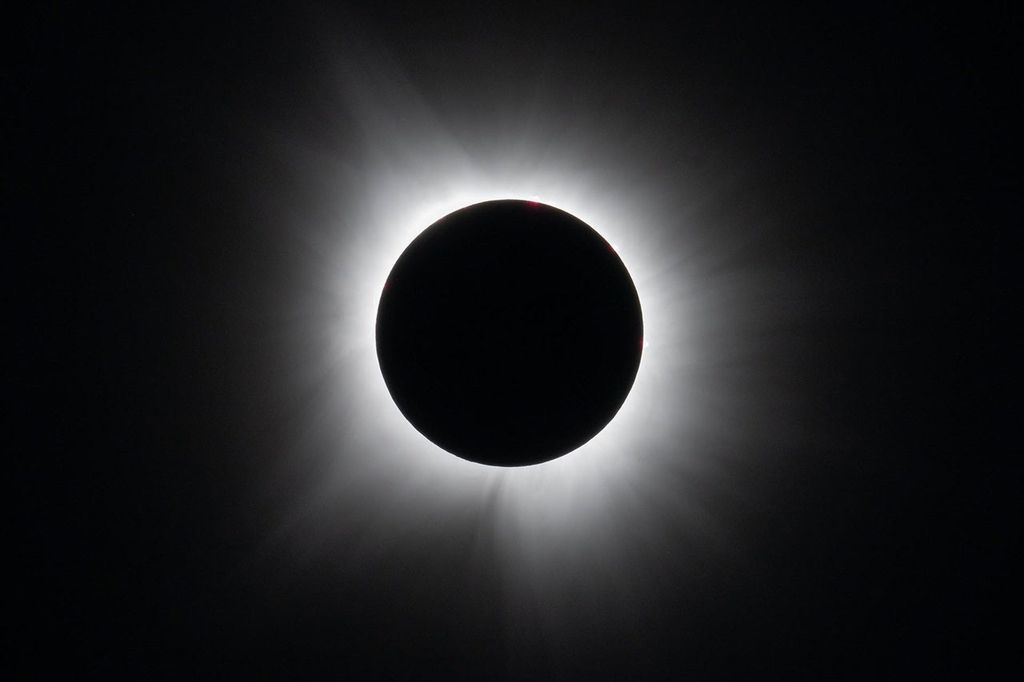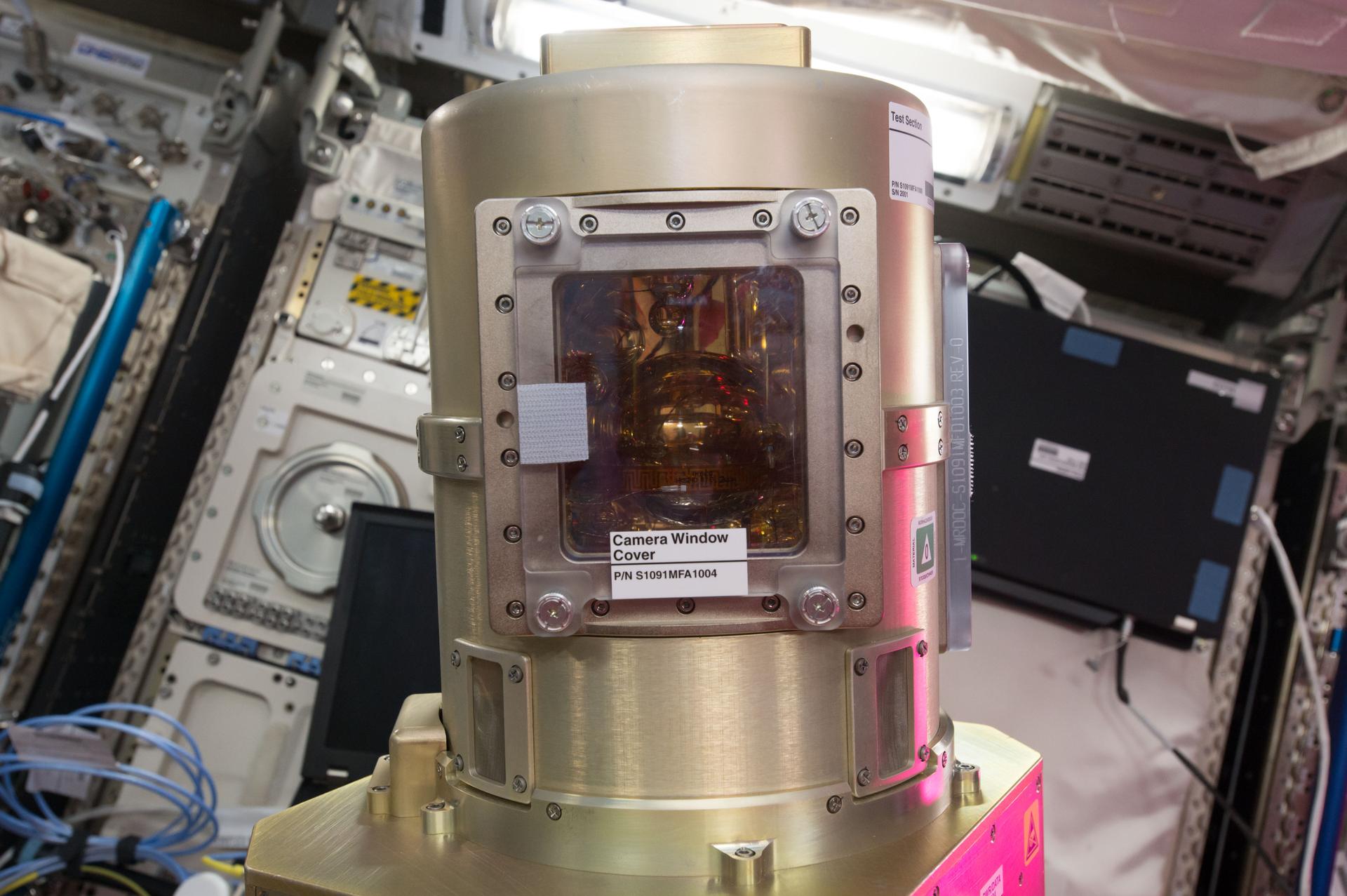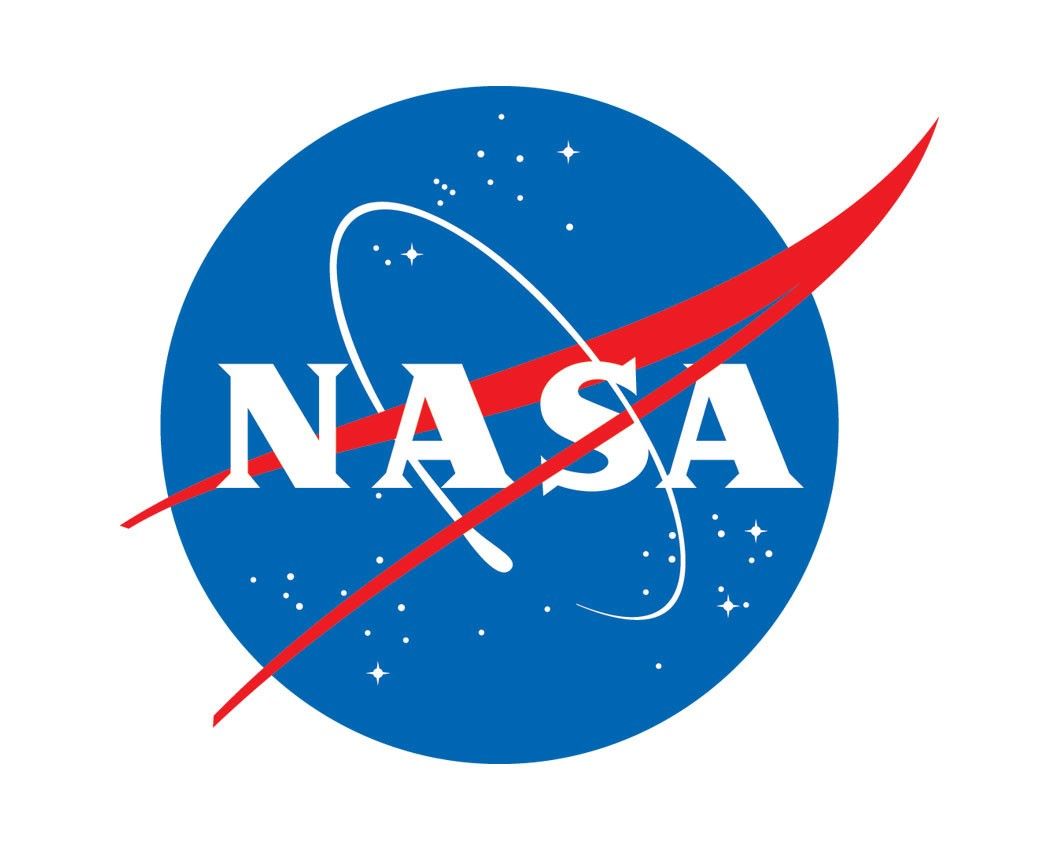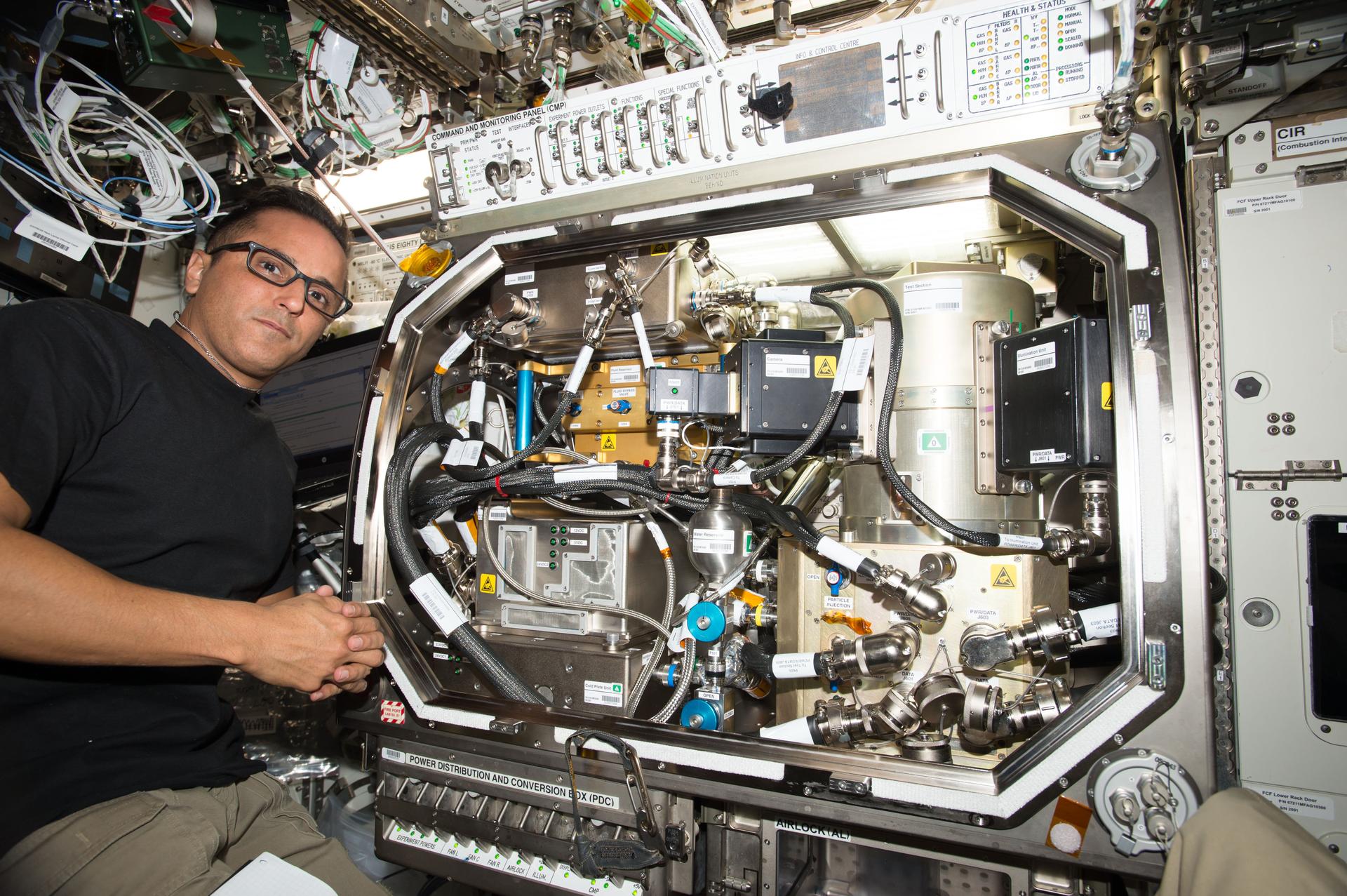Zero Boil-Off Tank Noncondensables (ZBOT-NC)
Principal Investigator(s):
- Mohammad Kassemi, Ph.D., National Center for Space Exploration Research (NCSER), Case Western Reserve University
Overview: Zero Boil-Off Tank Noncondensables (ZBOT-NC) investigates how noncondensable gases interfere with fuel storage systems in microgravity. The experiment studies how these gases affect evaporation and condensation processes in cryogenic fuel tanks, addressing a key challenge for achieving zero boil-off storage that prevents propellant loss during long-duration space missions.
Science objectives:
- Study how noncondensable gases affect fuel evaporation and condensation processes in microgravity fuel tanks
- Investigate how these gases affect pressure control systems that are important for long-duration space missions
- Gather data to improve computer models used to design zero boil-off fuel storage systems for future spacecraft
Potential space applications:
- May help engineers design more efficient fuel storage systems for Mars missions and other long-duration space travel
- Could contribute to pressure control solutions that prevent fuel loss during extended deep space missions
- Could inform development of future space fuel depots and refueling operations
- May benefit scientific instruments on space telescopes and probes that rely on low temperatures for operation
Potential Earth applications:
- Could improve tank design models for industrial, medical, and energy production applications that depend on long-term cryogenic storage
- May support hydrogen-based energy systems that align with cleaner energy goals
Related Resources
Biological & Physical Sciences Division
-
NASA’s Biological and Physical Sciences Division pioneers scientific discovery and enables exploration by using space environments to conduct investigations not possible on Earth. Studying biological and physical phenomenon under extreme conditions allows researchers to advance the fundamental scientific knowledge required to go farther and stay longer in space, while also benefitting life on Earth.



























